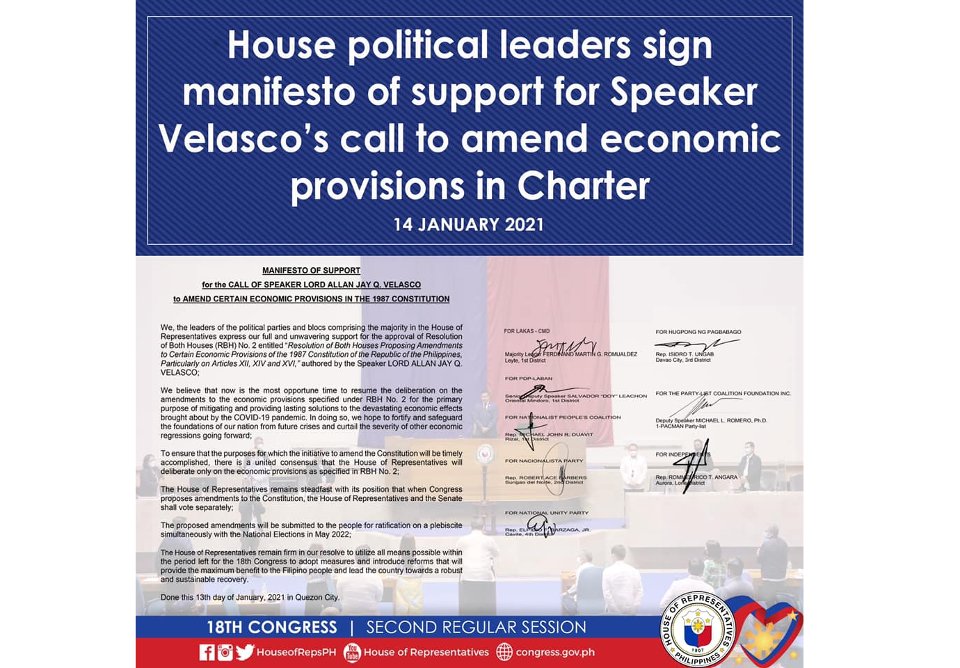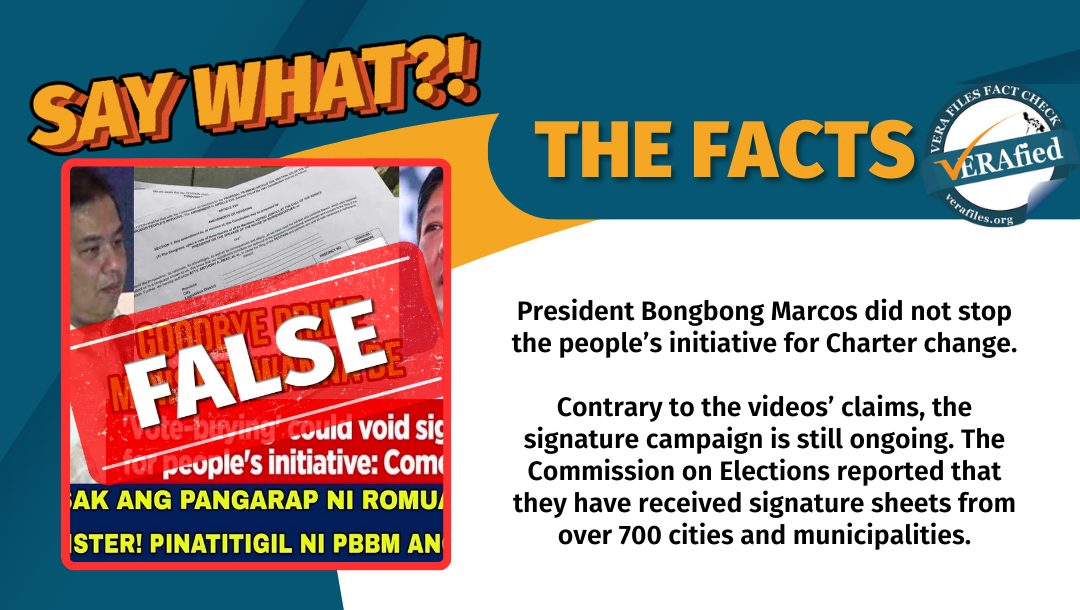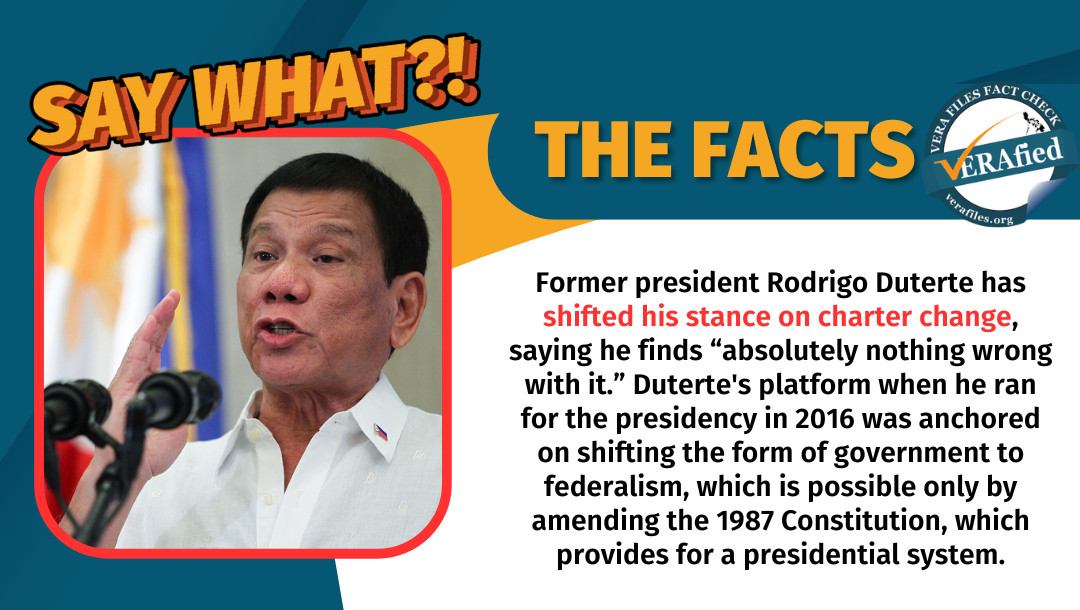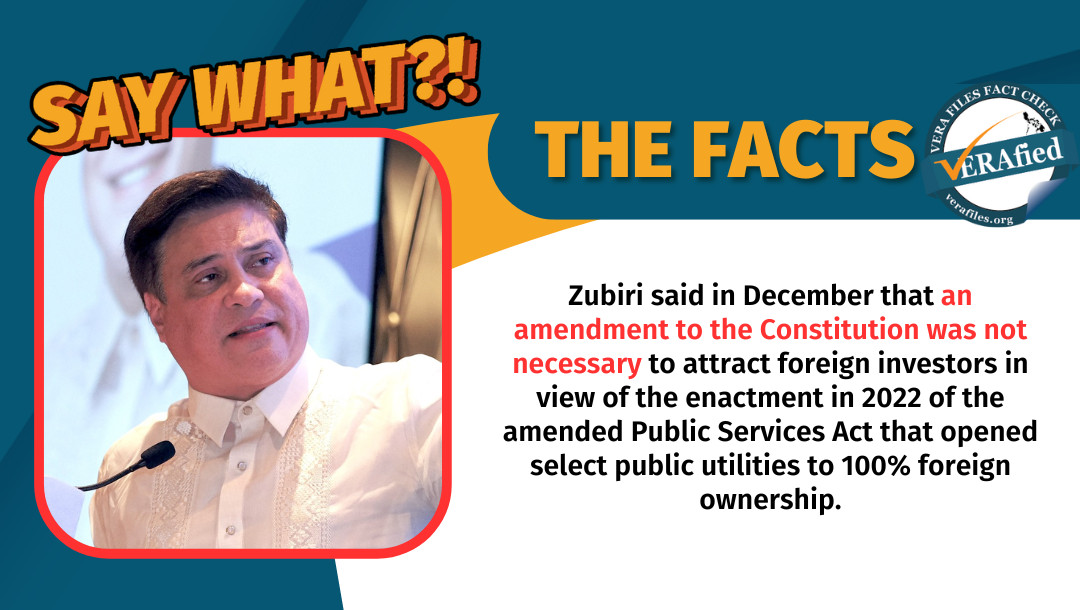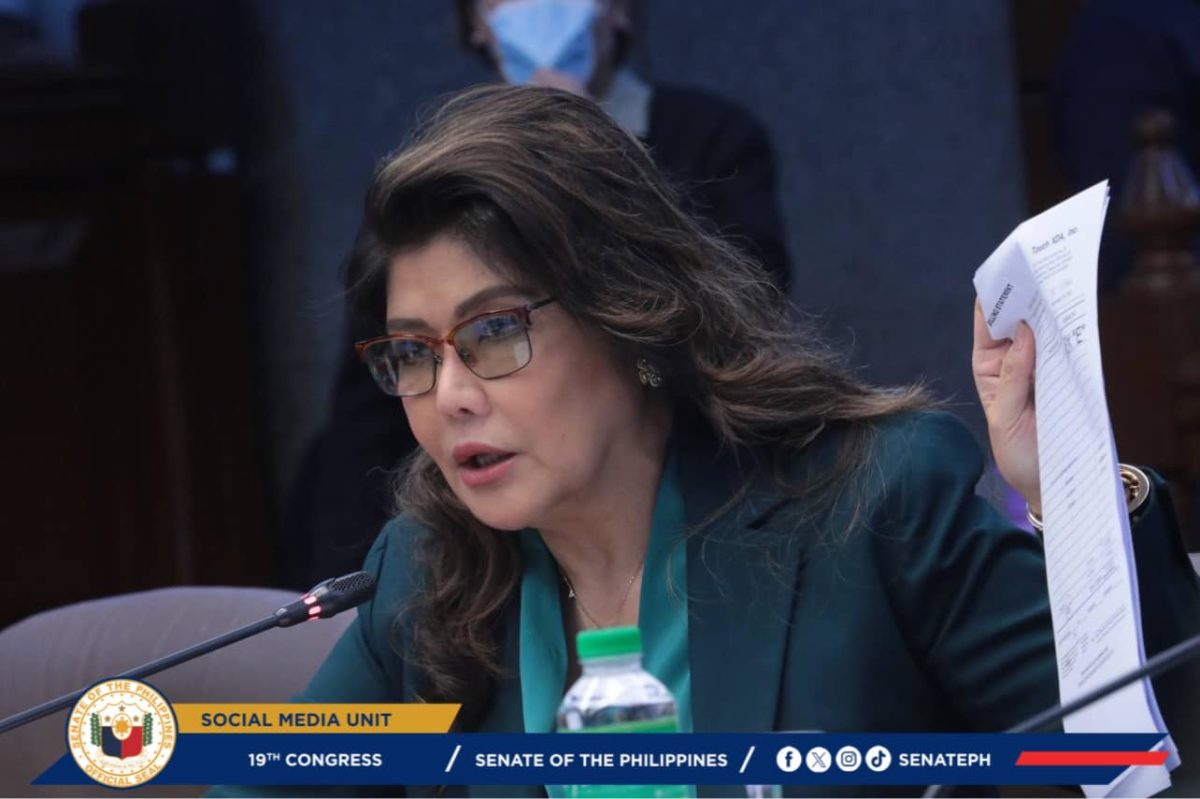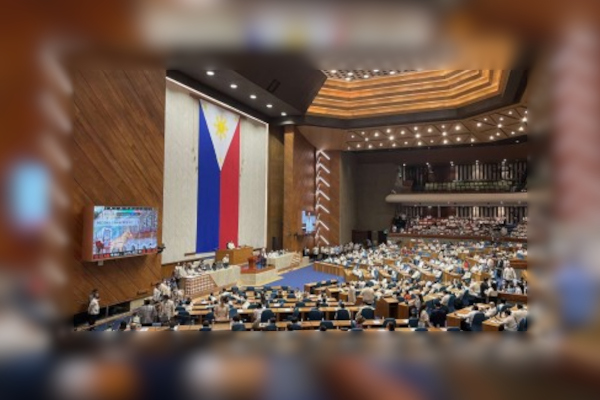The allies of President Rodrigo Duterte have not learned from previous failed attempts to tinker with the 1987 Constitution, making it easy to suspect them of ill motives for resurrecting the Cha-cha move.
The ruling coalition may have what it calls a “super majority” to muster the needed votes, but it is doubtful that they can easily ram Cha-cha down our throats. The pronouncement that the amendments would tackle only the restrictive economic provisions is merely a strategic approach to get support for the move.
The revival of Cha-cha attempts may either be intended to divert attention from controversies related to the procurement of the vaccine against the coronavirus disease 2019 (COVID-19) or to draw attention to the proponents. Keep in mind that this year is already campaign season, albeit unofficially, for the May 2022 elections.
While Malacañang and the Armed Forces have been struggling to justify the inoculation of the president’s close-in security aides with an unregistered vaccine from China, Duterte allies at the House of Representatives and the Senate have quickly found an issue that is controversial enough to temper criticisms of the administration’s apparent preference for China-made vaccines.
The renewed efforts to tinker with the Constitution were revealed when Ako Bicol party-list Rep. Alfredo Garbin Jr., chairman of the House committee on constitutional amendments, posted last week photos of some lawmakers meeting with the caption “gearing up for constitutional amendments.”
Garbin said he received instructions from Speaker Lord Allan Velasco “to tackle proposed amendments to restrictive economic provisions.” In July 2019, Velasco authored a resolution, proposing amendments to the Charter’s economic provisions, particularly pertaining to easing limits on the foreign ownership of land, natural resources, public utilities, mass media and schools.
In the Senate last December, Senators Francis Tolentino and Ronald de la Rosa filed a resolution, seeking to convene Congress as a constituent assembly to introduce amendments to the Constitution. It specified that discussions will be “limited to the provisions on democratic representation and the economic provisions of the Constitution.”
The proponents of the renewed Cha-cha move may have forgotten that talks about the mode of introducing amendments alone took months in several attempts before, and given the numerous interests of more than 300 legislators, the 18th Congress has very little time left for it. Pursuing Charter change now is certainly a waste of time and resources.
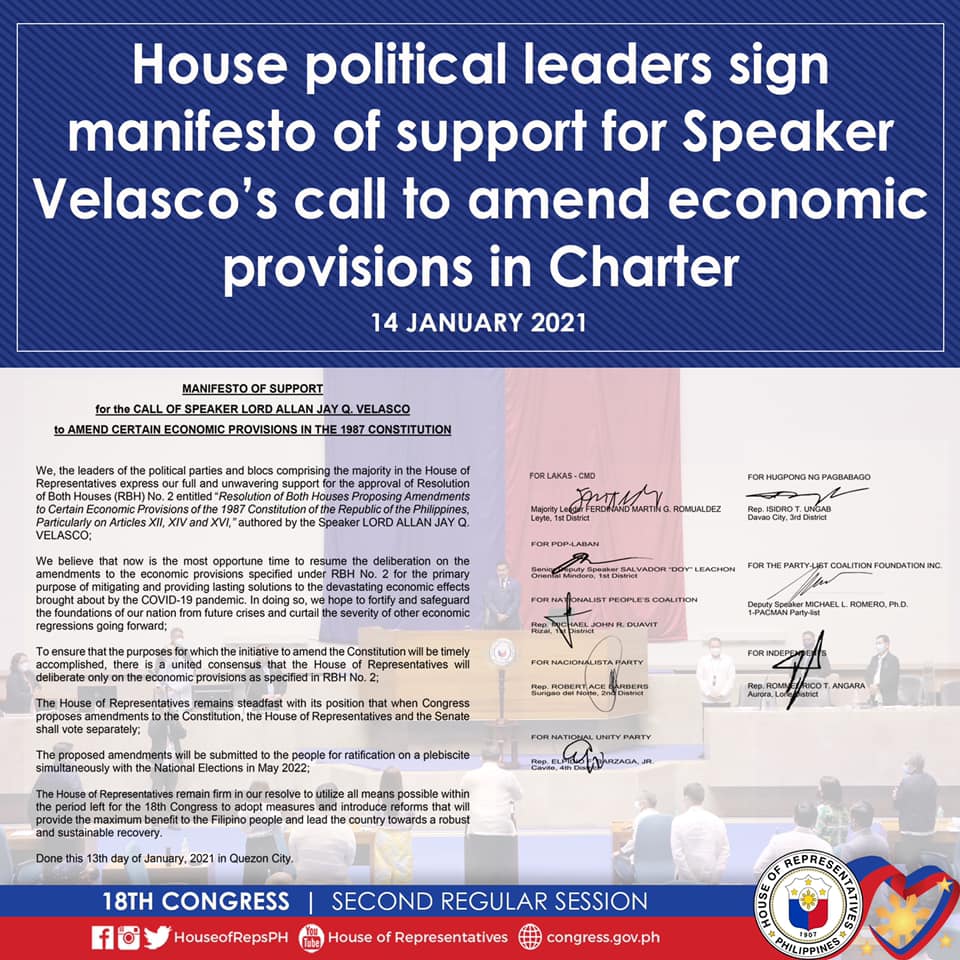
In the 17th Congress, the House managed to approve a resolution seeking to convert the Senate and the House into a constituent assembly to take up the proposed amendments, but the senators thumbed it down.
In a constituent assembly, senators and congressmen will convene jointly and decide on constitutional amendments themselves. After decades of discussion, it has not been settled whether the Senate and the House would vote jointly or separately on amendments. The manner of voting is not made clear in the present Constitution.
A constitutional convention, which requires nationwide elections to select delegates, who will draft the amendments, will take a much longer time to convene. And so is the people’s initiative route.
Early in the Duterte administration, moves to amend the Constitution were intended to shift the system of government from the current presidential to a federal form, which was a campaign promise of the president in 2016. Talks on this were halted in May 2020 as the country was grappling with the Covid-19 pandemic.
The previous Congress, under then-speaker Gloria Macapagal-Arroyo, pushed amendments that would remove term limits and left out an anti-political dynasty provision and other political and electoral reforms. This was revived in late 2019, but discussions were halted because of COVID-19.
Reviving Cha-cha at this time, when the world still has not found a cure for the coronavirus disease and the vaccine that could slow down its spread has not been made commercially available yet, is definitely a wrong and untimely move that should be stopped immediately.
Statements that Charter amendments to open up the economy to foreign investments and help the country recover from the onslaught of COVID-19 are just thoughtless propaganda meant to boost the selfish political interests of their proponents and their masters.
The views in this column are those of the author and do not necessarily reflect the views of VERA Files.
This column also appeared in The Manila Times
